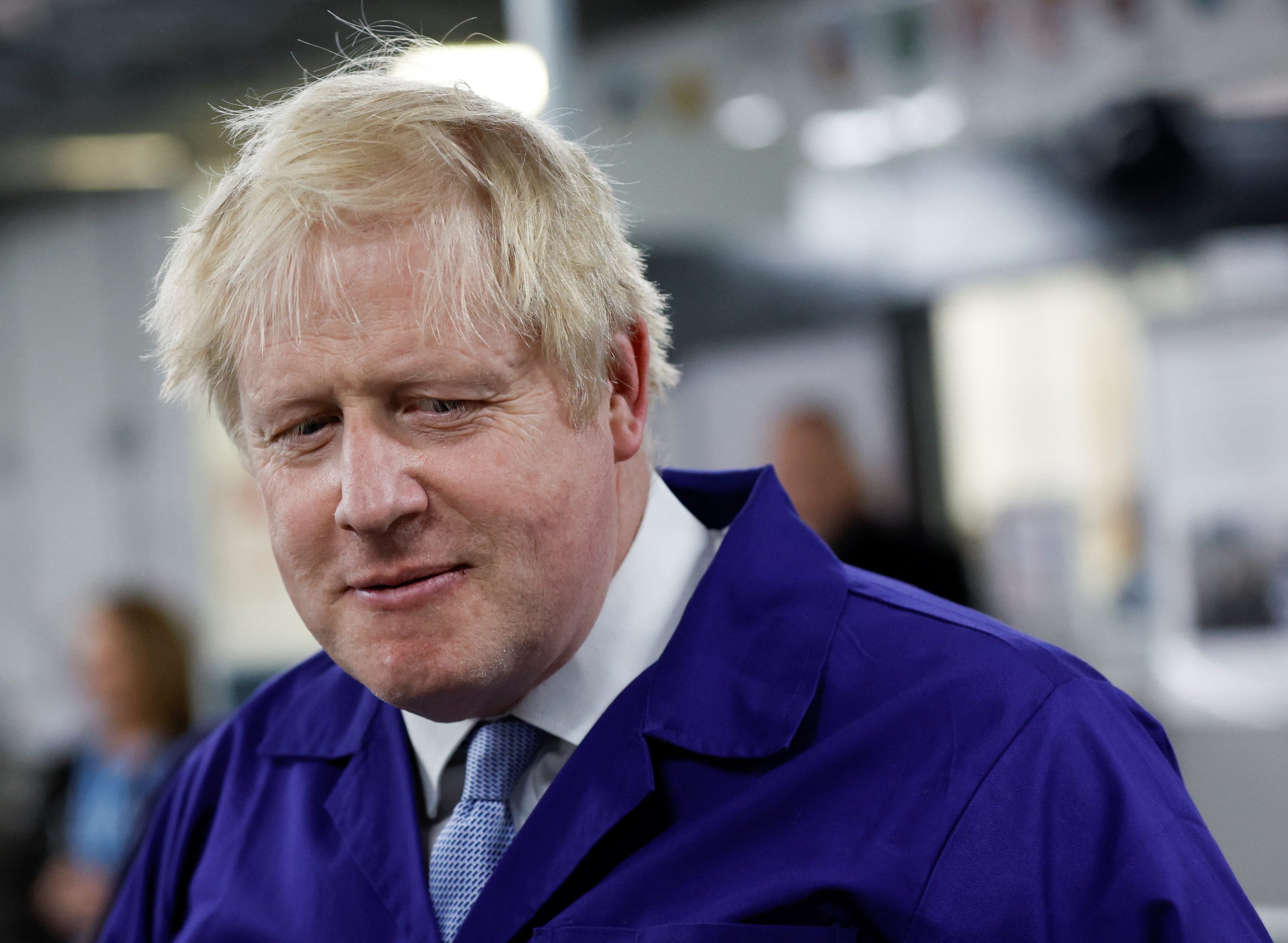In traditional British English, the word “corruption” is an irregular noun. This grammatical oddity conjugates thus: I am helping my friends, you are involved in unethical practices, he is engaging in misconduct in public life, a foreigner is guilty of corruption.
This is, in my experience, unique. In other countries I have written about, politicians regularly accuse opponents of corruption, while of course denying it themselves. In Britain, however, we resort to euphemisms: cronyism, paid lobbying, cash-for-questions, sleaze. I do not know anywhere else that seems so determined to insist that corruption is alien to its traditions that it has invented a parallel vocabulary to describe how people abuse their powers.
This is a problem because, by linguistically cutting itself off from the global mainstream, Britain has also stopped itself from learning how other countries have tackled corruption. If British politicians are not corrupt, what relevance does the prosecution of former French president Nicolas Sarkozy have; or the congressional investigation into Donald Trump; or the journalistic investigations into Vladimir Putin?
Last autumn, however, thanks to an explosion of allegations, something appears to have changed. In the last six months alone we’ve heard about ministers creating a special “VIP lane” to allow their contacts to bid for Covid-19-related contracts without the paperwork imposed on ordinary bidders; about MPs lobbying ministers on behalf of private clients; about party donors receiving peerages in exchange for large donations; about ministers exploiting a loophole in regulations to avoid having to tell the public who’s been paying for their holidays; about foreign governments paying for MPs’ groups to get around lobbying restrictions.
Opposition parties are now freely using the c-word to describe ministers’ behaviour. In the media, even a legal commentator as sober as David Allen Green of the Financial Times has argued that corruption is the best term to describe the assault on the integrity of British institutions staged by Boris Johnson’s government.
It’s too early to say whether this will be a short-term political phenomenon, or whether it’s the start of a realisation that corruption isn’t some foreign disease like rabies kept out of Britain by the English Channel. But this awareness is certainly spreading into other spheres. One law enforcement source recently told me that investigators were starting to “turn over the corruption rock to see what’s underneath”. These are baby steps, but babies grow bigger, and perhaps this will too.
It’s hard to overstate how important it could be if Brits realised they’re not immune to corruption and began to treat it as the threat to civilisation that it is. London has, for decades, been the most popular adopted home for the world’s crooks and thieves and, thanks to Britain’s traditional reluctance to label its own as corrupt, they have been able to enjoy the hospitality of the city unchallenged. By gifting small fractions of their stolen wealth to universities, galleries, charities and – sometimes – even politicians, they have become “philanthropists”, “entrepreneurs” or “socialites”. Journalists are then unable to write the truth about them, because it’s defamatory to be rude about a philanthropist. And that means financial institutions have been happy to move their money around, because – well – what reason would they have not to?
Britain has acted as a huge loophole through which corrupt money has poured into the global economy; blocking that hole is the biggest service Brits could do for the world. I am hopeful that the transformation of “corruption” into a word that can describe the behaviour of British politicians as well as foreigners, and the recognition that this blight affects us as much as anyone, is a step towards that.





